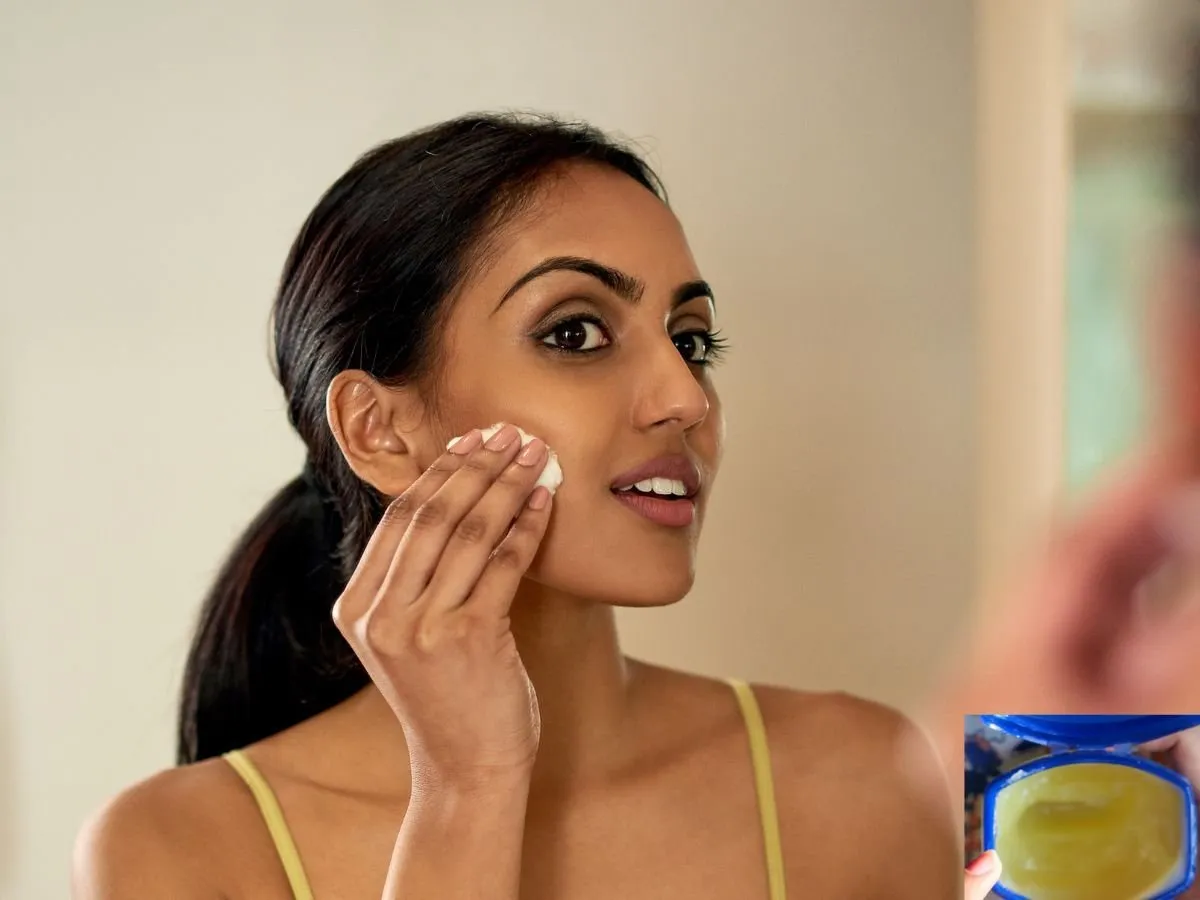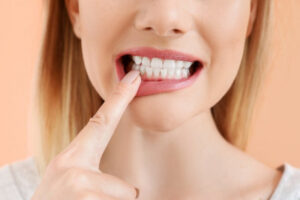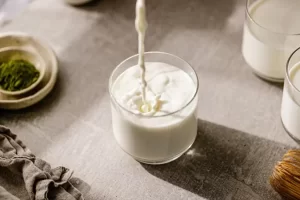Oily skin can be one of the most troublesome skin types to deal with. Caring for oily skin isn’t necessarily difficult, but it does require a consistent plan using the right products and techniques. These tips can help you keep your naturally oily skin looking and feeling its best.
1. Create the Right Skincare Routine
No matter what their skin issues are, every person should have a daily schedule to care for their face. If you want to know how to start a skincare routine for any complexion, begin by keeping things simple. The basics for oily skin typically include a gentle cleanser, a toner, and a moisturizer.
Wash your face every morning and every night to remove excess oil, along with dirt and bacteria. Apply a toner to better clean your pores and help maintain more balanced skin. Finish with a lightweight moisturizer to keep your skin hydrated. Over time, you can add other products to personalize your routine for a healthy-looking, beautiful complexion.
2. Moisturize and Hydrate Your Skin
It may seem counterintuitive, but if you have oily skin, you may actually need to moisturize it more effectively. Often, increased oil production is the body’s natural response to a lack of hydration. To combat this, make sure you’re drinking plenty of water on a routine basis. Always apply a moisturizer after you wash your face; just be sure it’s a lightweight option that won’t clog your pores or make your skin greasy. Stay away from thick creams or products that contain butters or oils.
3. Choose Non-Comedogenic Makeup Products
Oily skin is more prone to pimples, so anything that can clog your pores will likely start an outbreak. One of the worst culprits is makeup with fine particles that can settle into pores and lead to blackheads and zits. Choose options that are clearly labeled as non-comedogenic to avert this issue.
4. Modify Your Diet
Certain foods can actually make oily skin worse because they cause dehydration, inflammation, or hormonal imbalances for some people, especially in excess. Some of the most common problem foods include:
- Saturated fats
- Refined sugars
- Refined carbohydrates
- Alcohol
- Dairy products
- Soy food substitutes
Most of these should be limited anyway to maintain a well-balanced diet. If you have an oily skin type, consider keeping a food journal to see if you notice any connections between certain dietary choices and an uptick in oil production.
5. Keep Your Hands Away From Your Face
While it may be tempting to touch your face, the more you do, the oilier your skin will be. Your wandering fingers can transport more oil and bacteria to your face, spread it around, and even clog your pores. Do your best to avoid touching your face throughout the day, especially if it’s to pick at a pimple or blackhead. Use non-irritating topical treatments instead.
6. Keep Blotting Papers On Hand
If you notice your face getting shiny during the day, blotting papers can be a simple solution for a quick fix. Keep them with you so you can remove excess oil when you’re in a pinch. This can also help protect your makeup if you’re wearing any.
7. Don’t Skip Facewashing Sessions
Most people with oily skin should wash their faces in the morning when they wake up and the last thing at night before bed. However, you should also wash your face any time it gets dirty or sweaty, like after a good workout. In addition, makeup should always be removed before going to sleep at night. Skipping any of these can result in increased oil production.
Your oily skin can still be beautiful with the right approach, healthy lifestyle habits, and proper product usage. Taking the time to clean and care for your skin can also help keep pimples and shine under control. With the proper routine, a gorgeous, balanced glow is still achievable.


















Be First to Comment